In a major political development, Bangladesh's Supreme Court has reinstated the registration of Jamaat-e-Islami and its student wing, Chhatra Shibir, allowing their return to electoral politics. This comes after the Muhammad Yunus-led government lifted the ban on the Islamist party last year, sparking intense debate over its implications for Bangladesh’s democratic and secular fabric.
Jamaat, which had supported Pakistan during the 1971 Liberation War, was barred from contesting elections in 2013 for its anti-constitutional activities. However, the party has remained politically active, now rebranding itself for a full comeback. Critics argue this resurgence is part of a strategic alliance with the Yunus administration, which they claim is using Jamaat's grassroots student movement to solidify its hold on power.
The Supreme Court recently overturned the war crimes conviction of senior Jamaat leader ATM Azharul Islam, further signalling a shift in the political landscape. Observers warn this could embolden Jamaat’s hardline ambitions and revive its historical revisionism, including attempts to downplay India’s role in Bangladesh’s independence.
Jamaat’s re-entry has regional ramifications. In a recent meeting with the Chinese Communist Party in Dhaka, the party proposed an independent Rohingya state—an idea that could destabilize the region and directly threaten India’s strategic investments, including the Kaladan Multi-Modal Transit Transport Project and Sittwe Port in Myanmar.
India is watching closely, as Jamaat's pro-Pakistan stance and broader Islamist agenda could undermine regional stability. The group’s growing influence among South Asian diasporas and calls for Islamic unity challenge Bangladesh’s pluralist ideals.
While Jamaat has never secured a majority, its kingmaker role persists. However, recent tensions with its former ally BNP, especially over the 2025 elections, indicate potential fractures within the opposition. The road ahead could reshape not just Bangladesh’s politics, but South Asia’s security calculus.








 OpinionExpress.In
OpinionExpress.In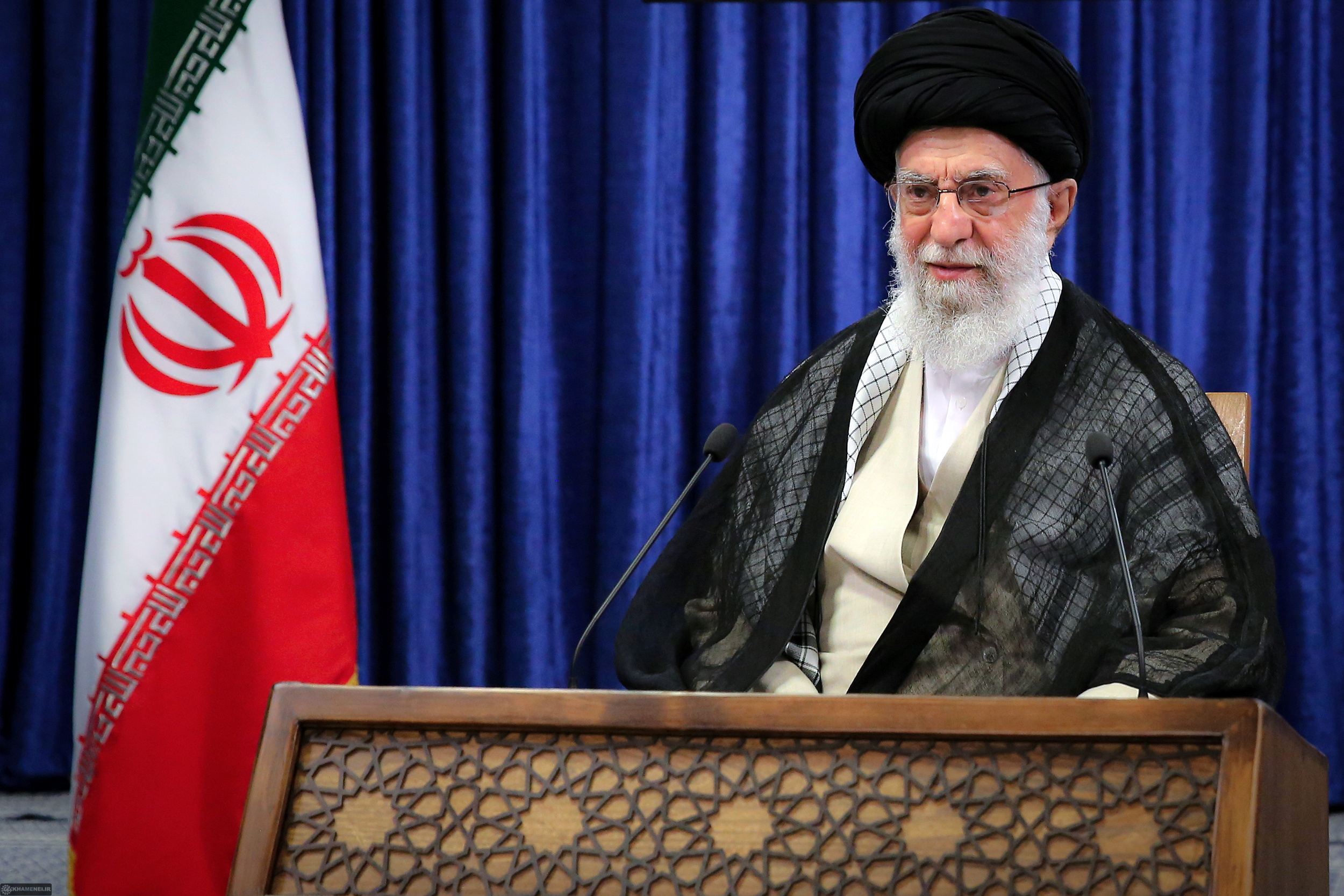
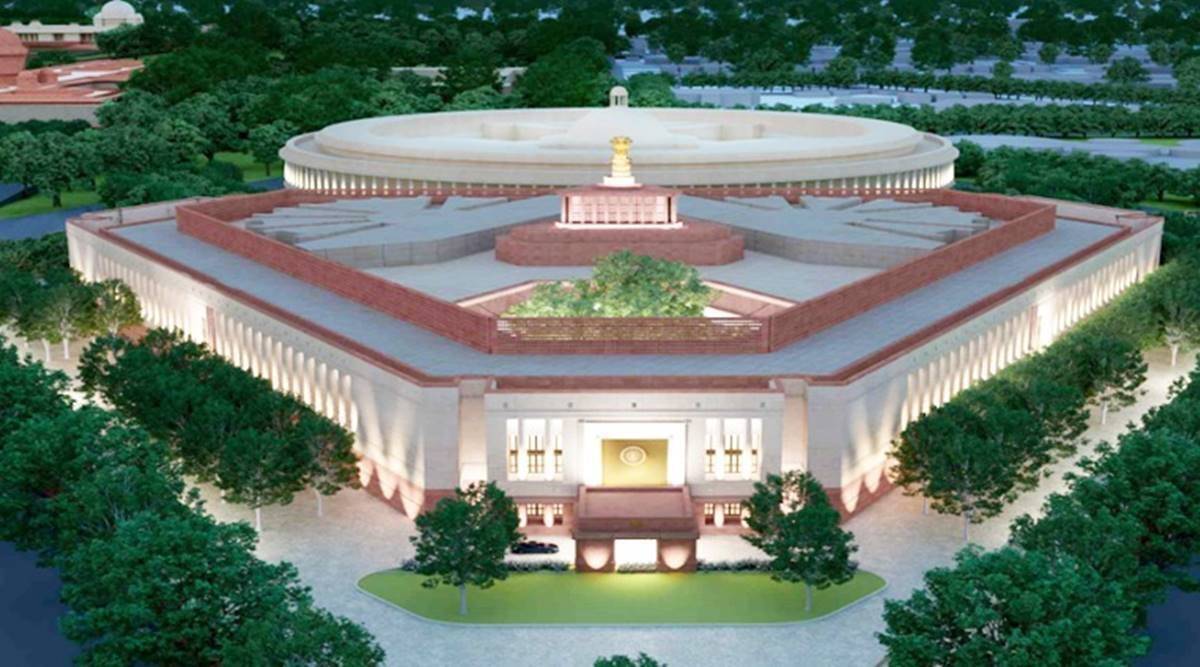



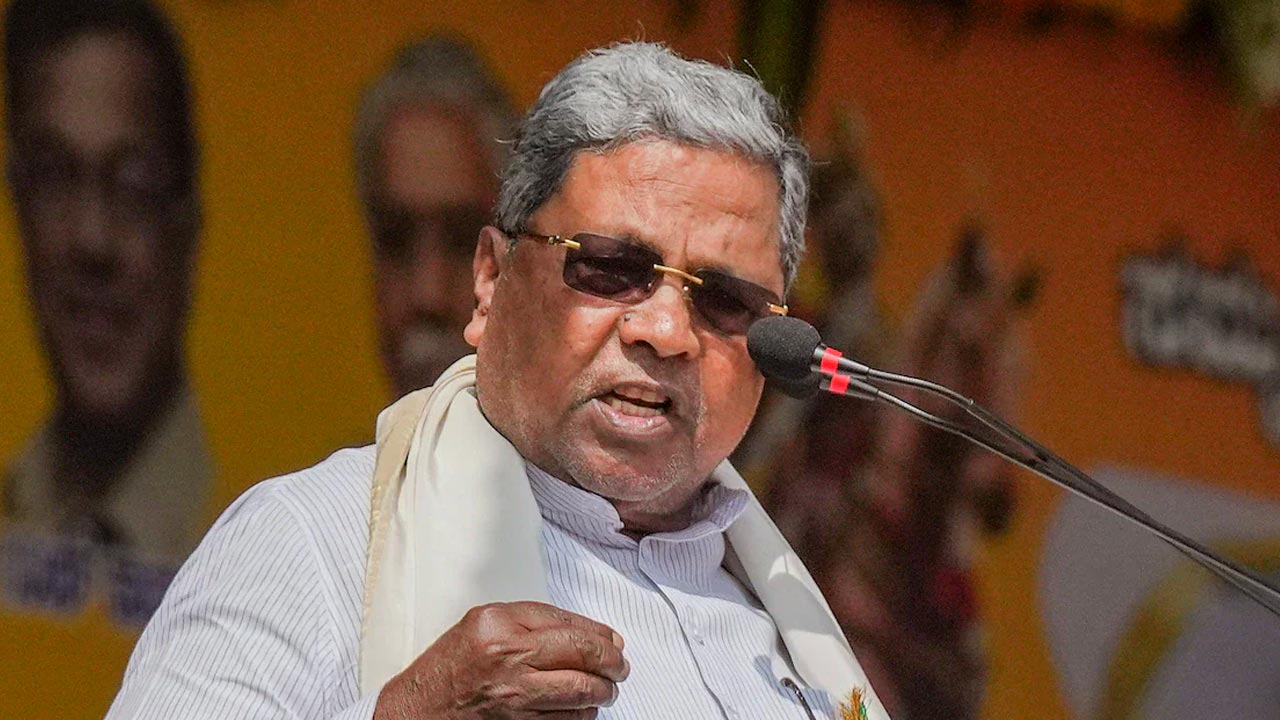
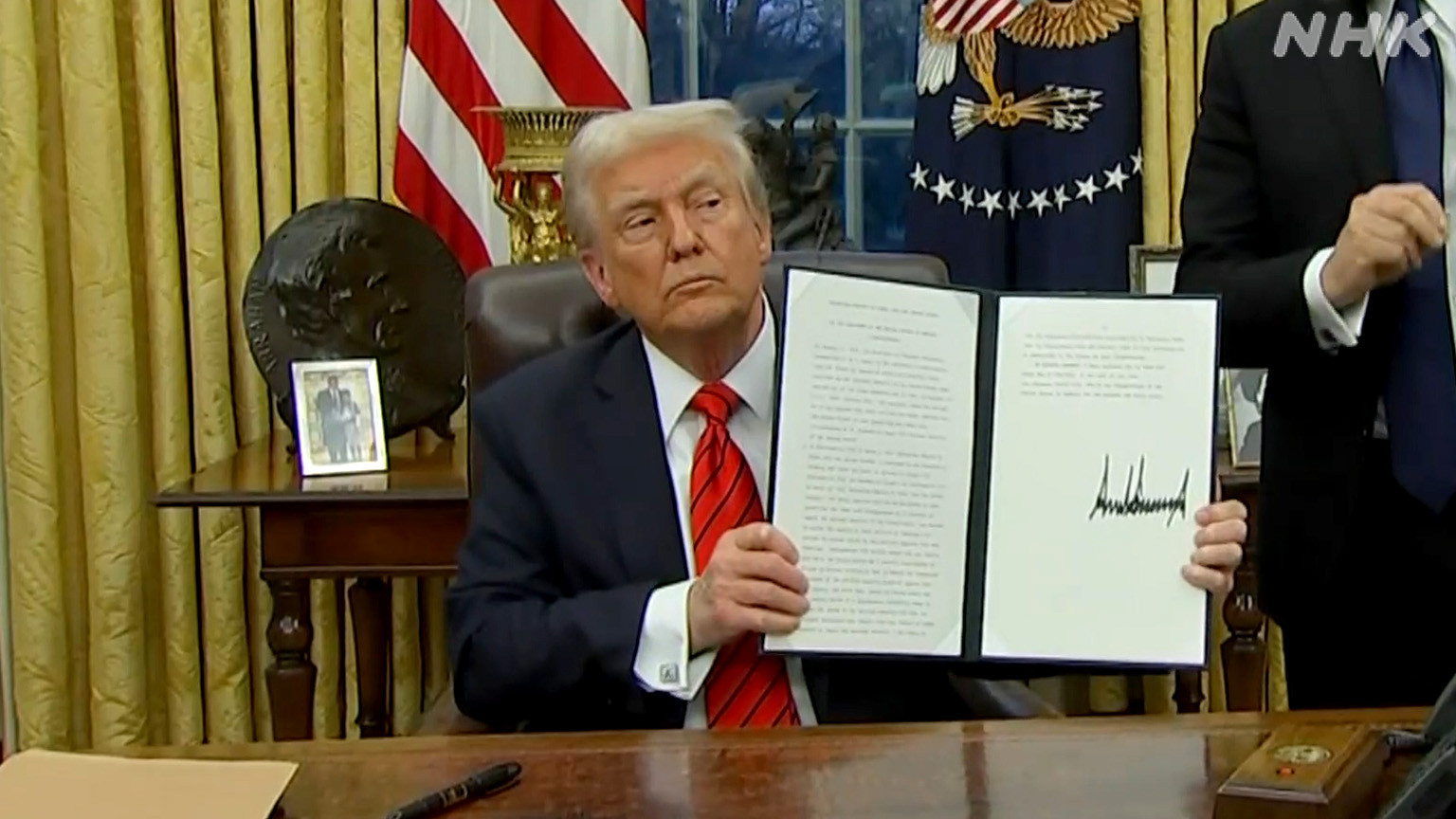
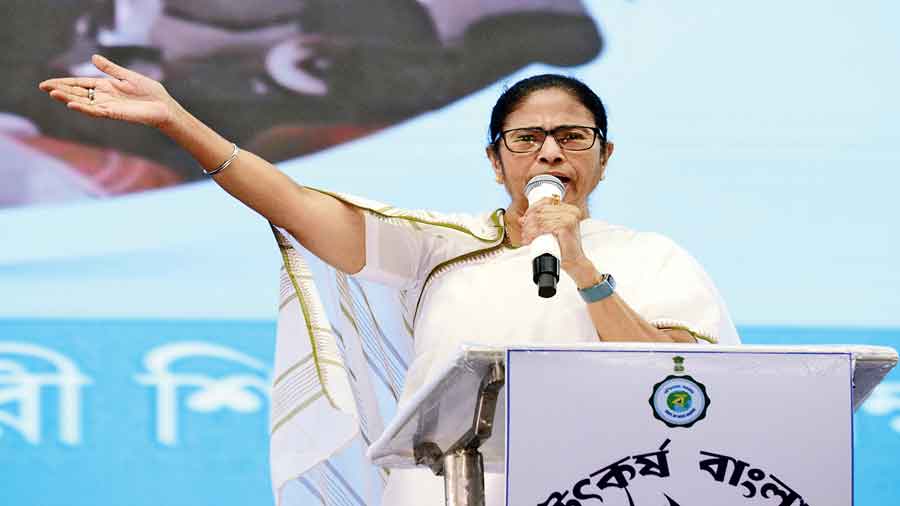
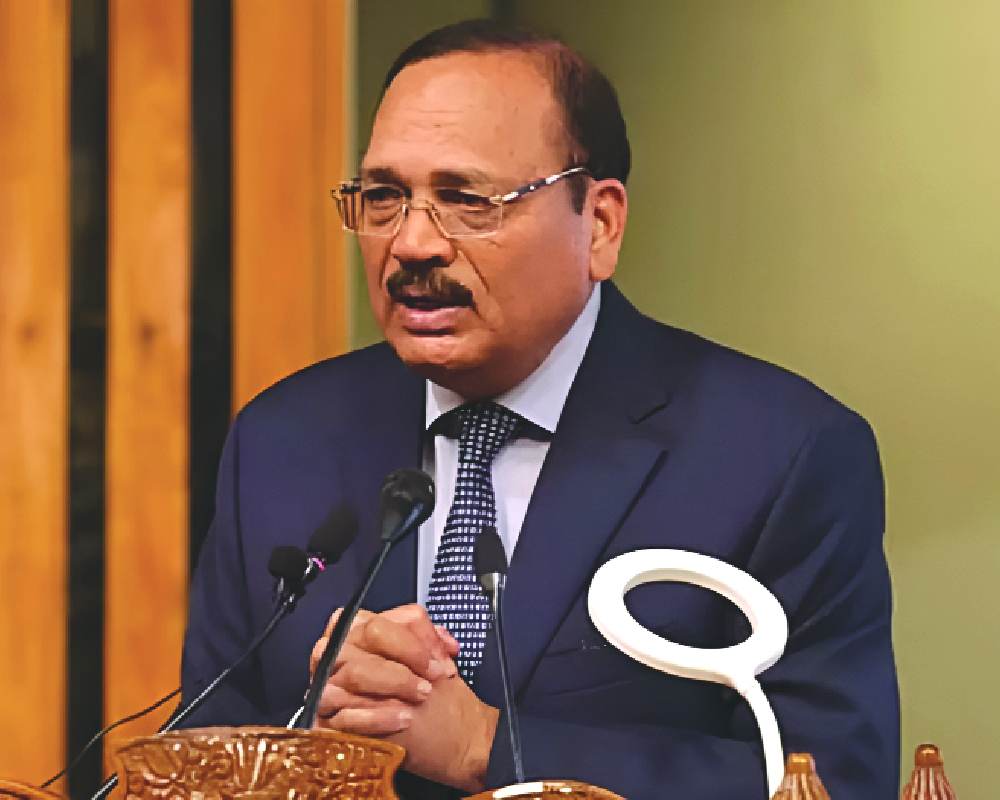
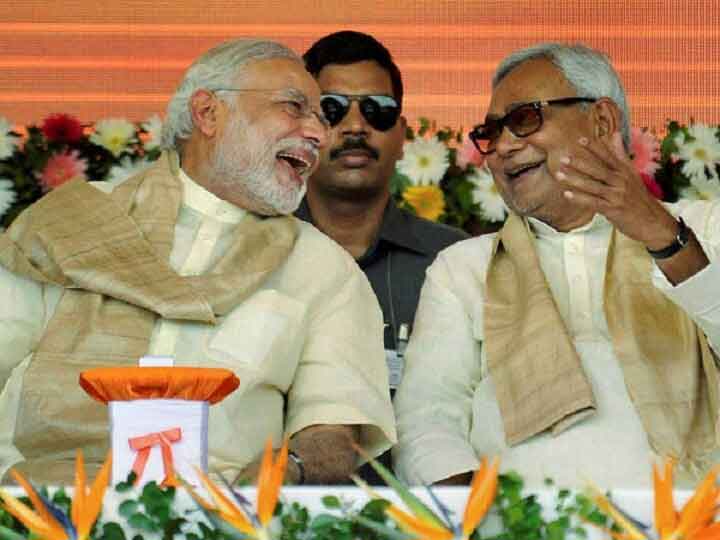






Comments (0)